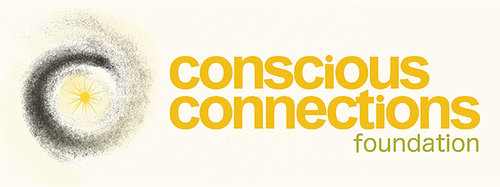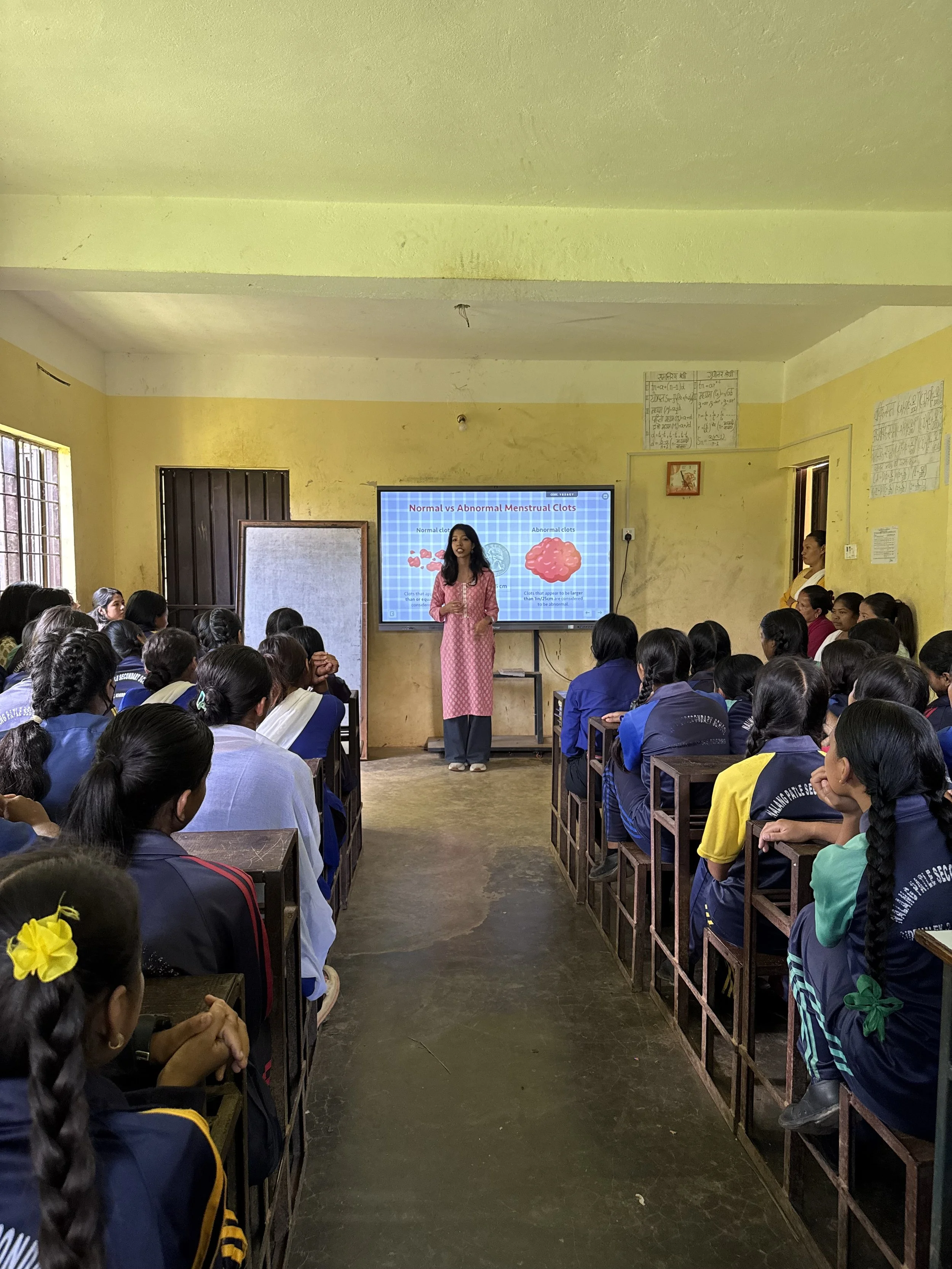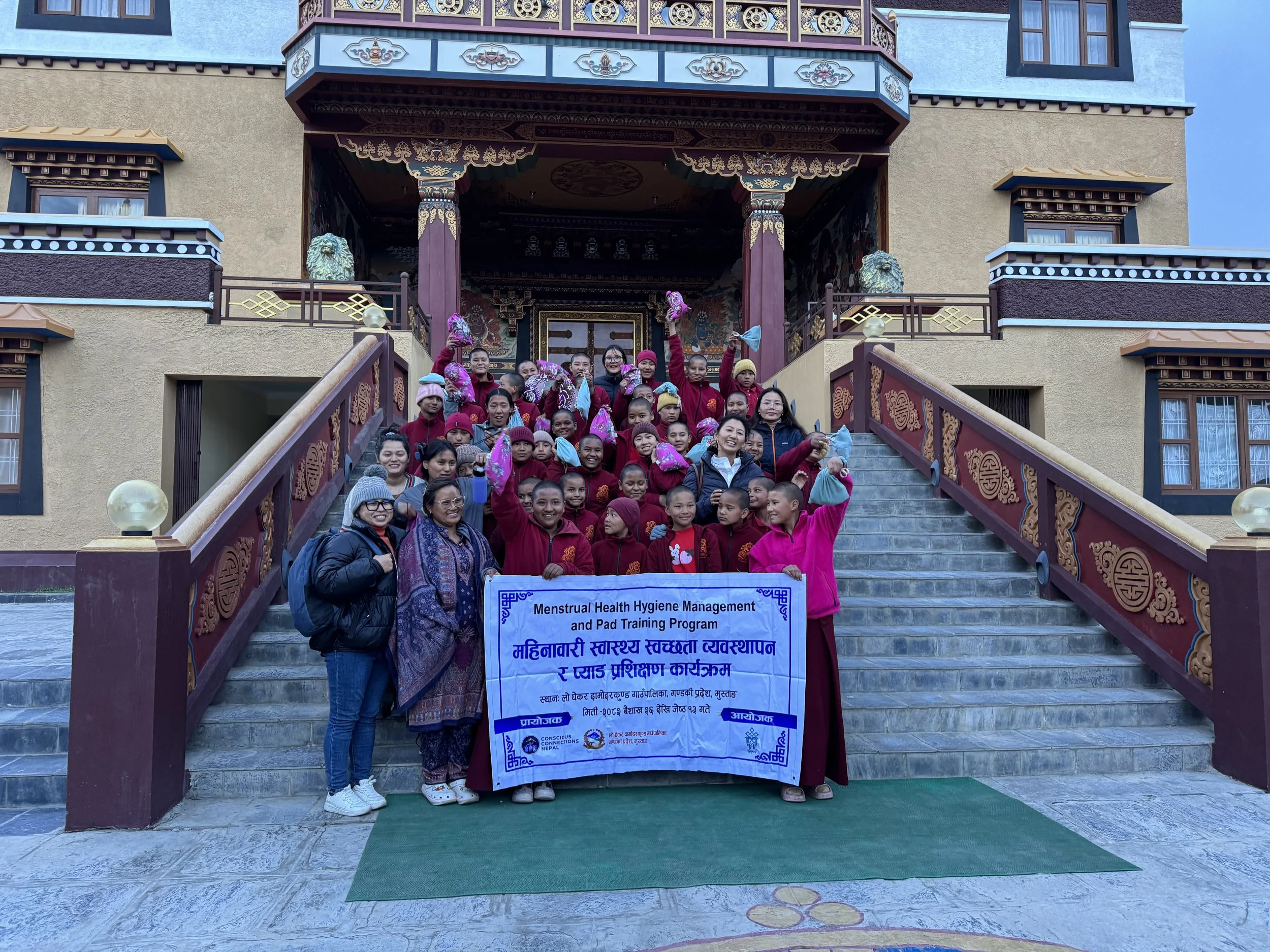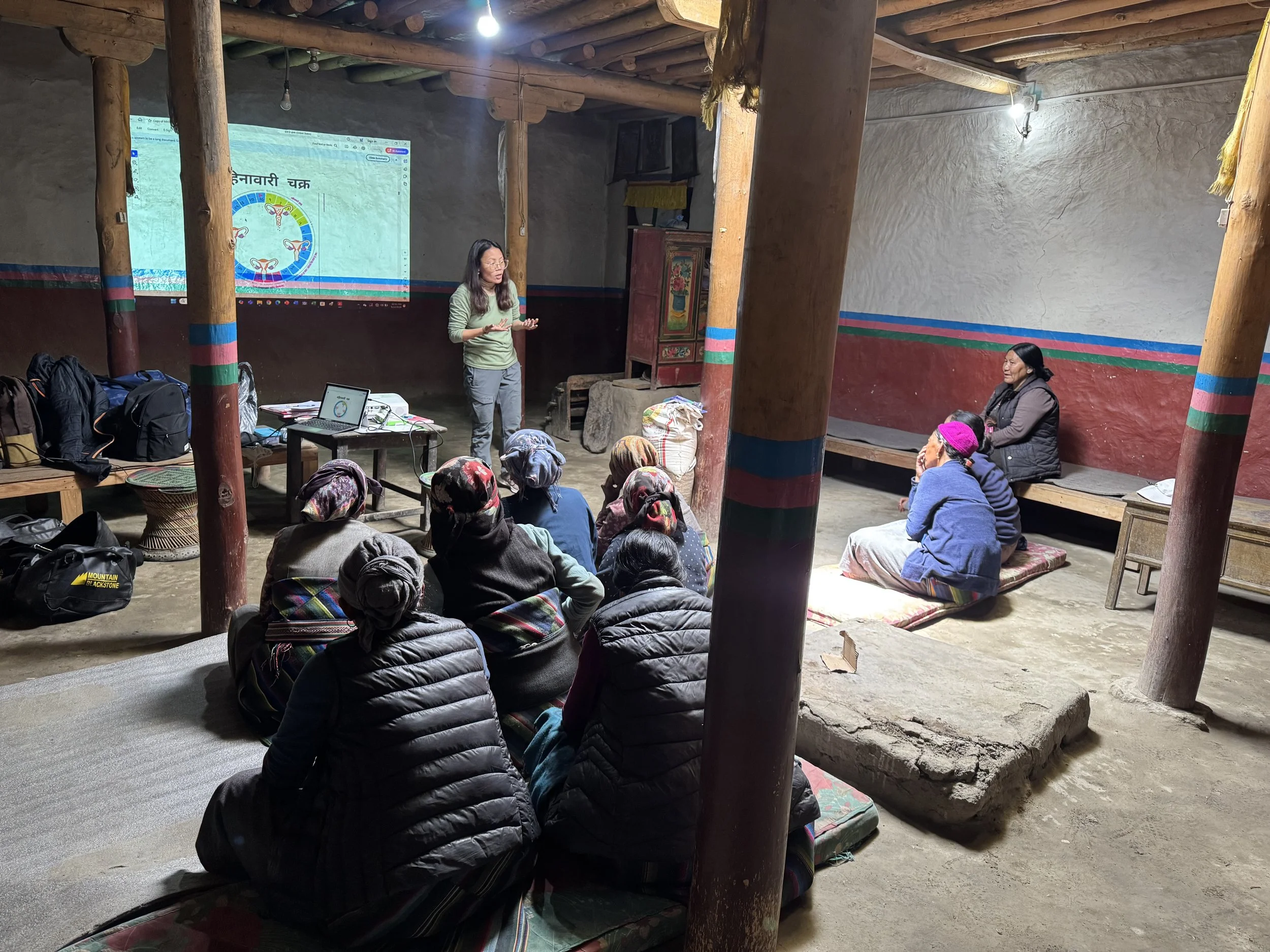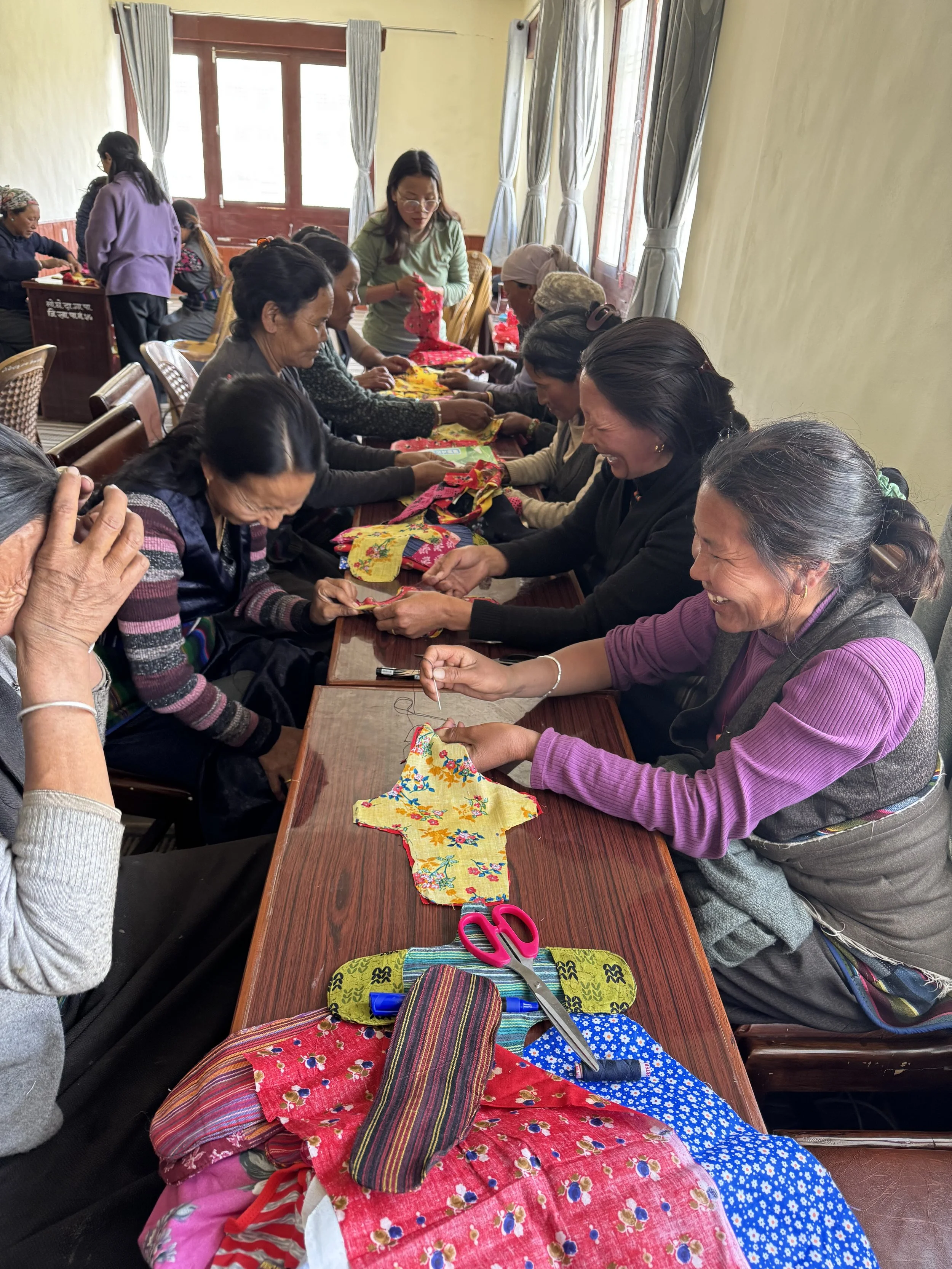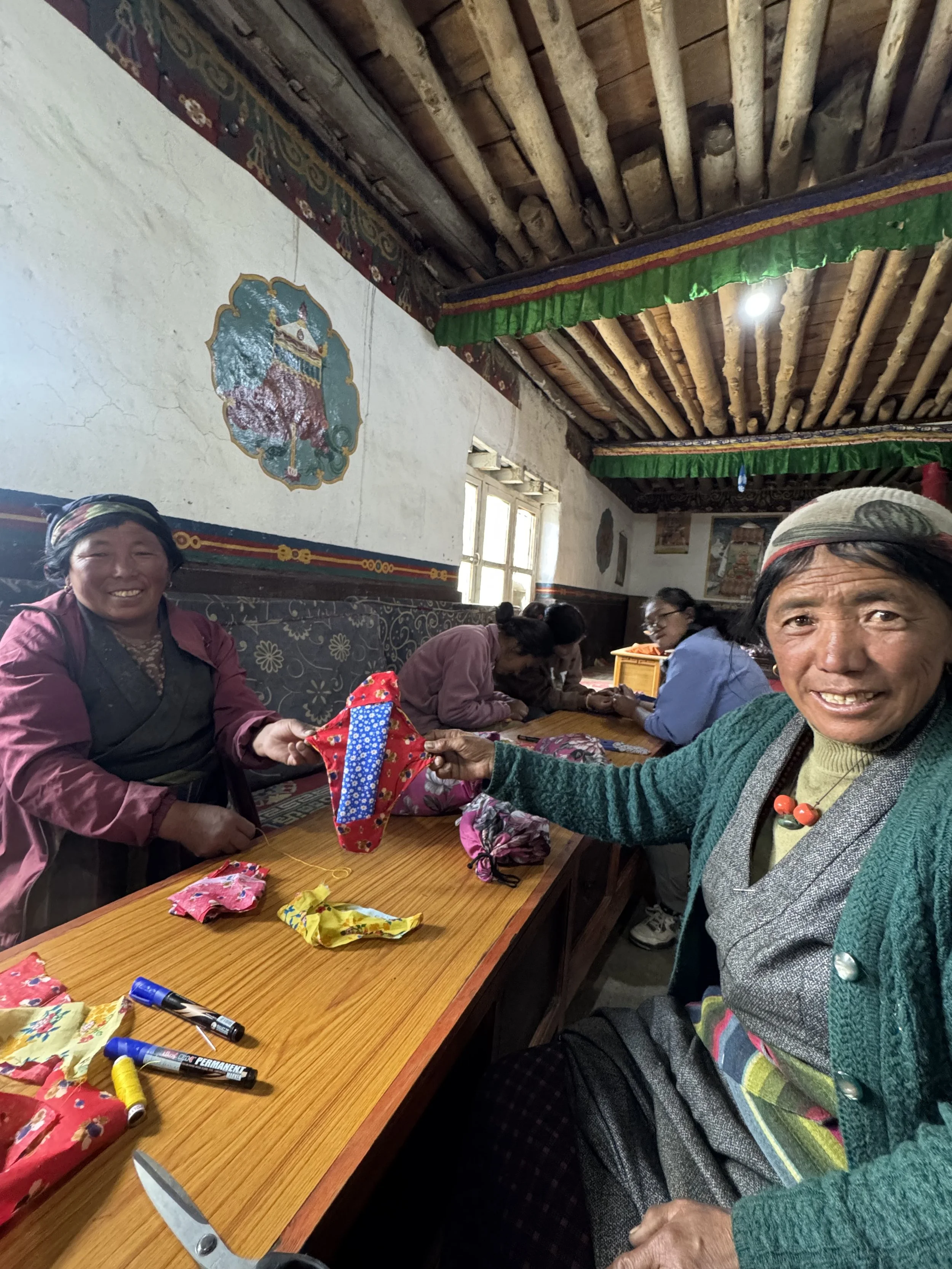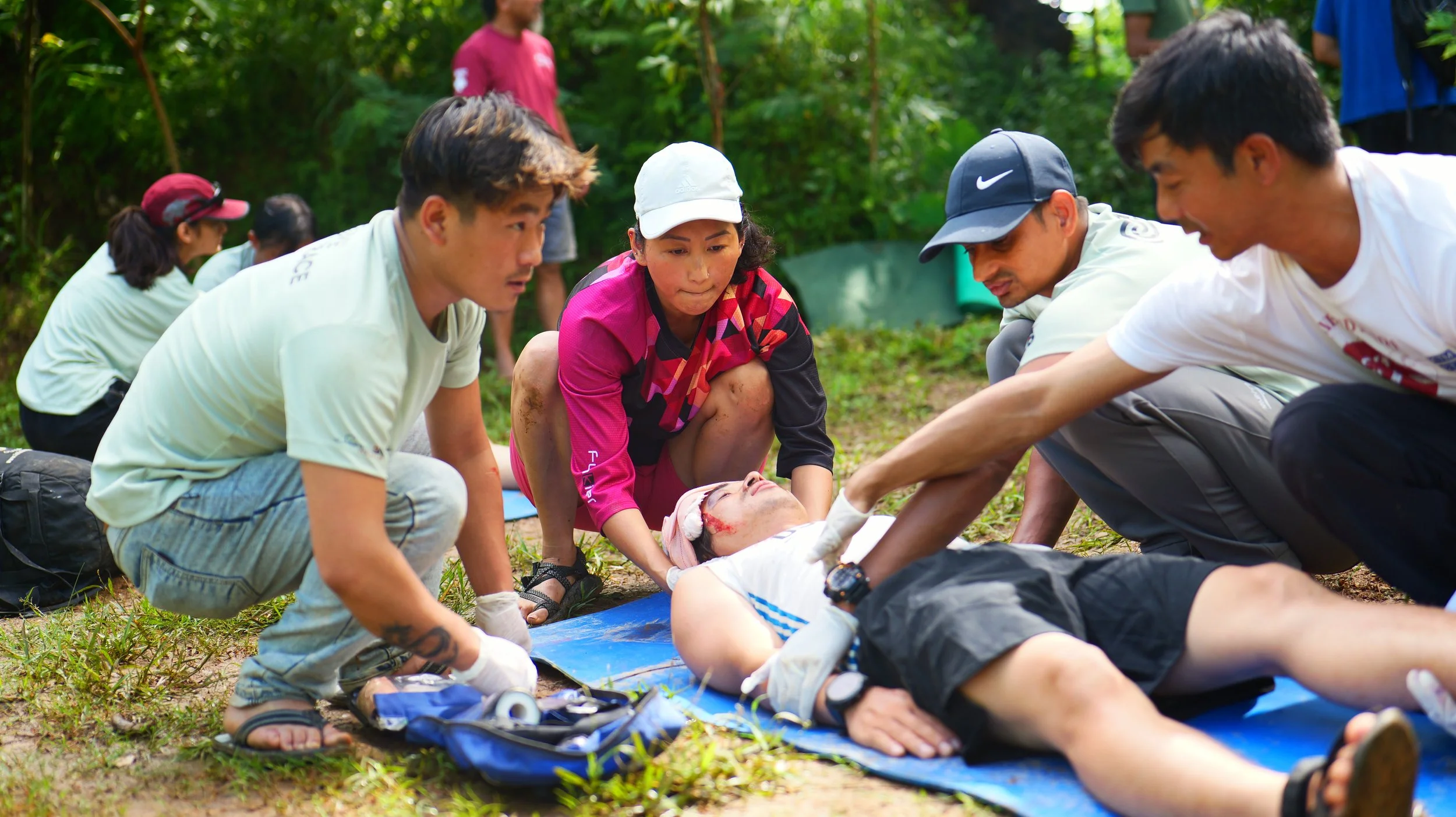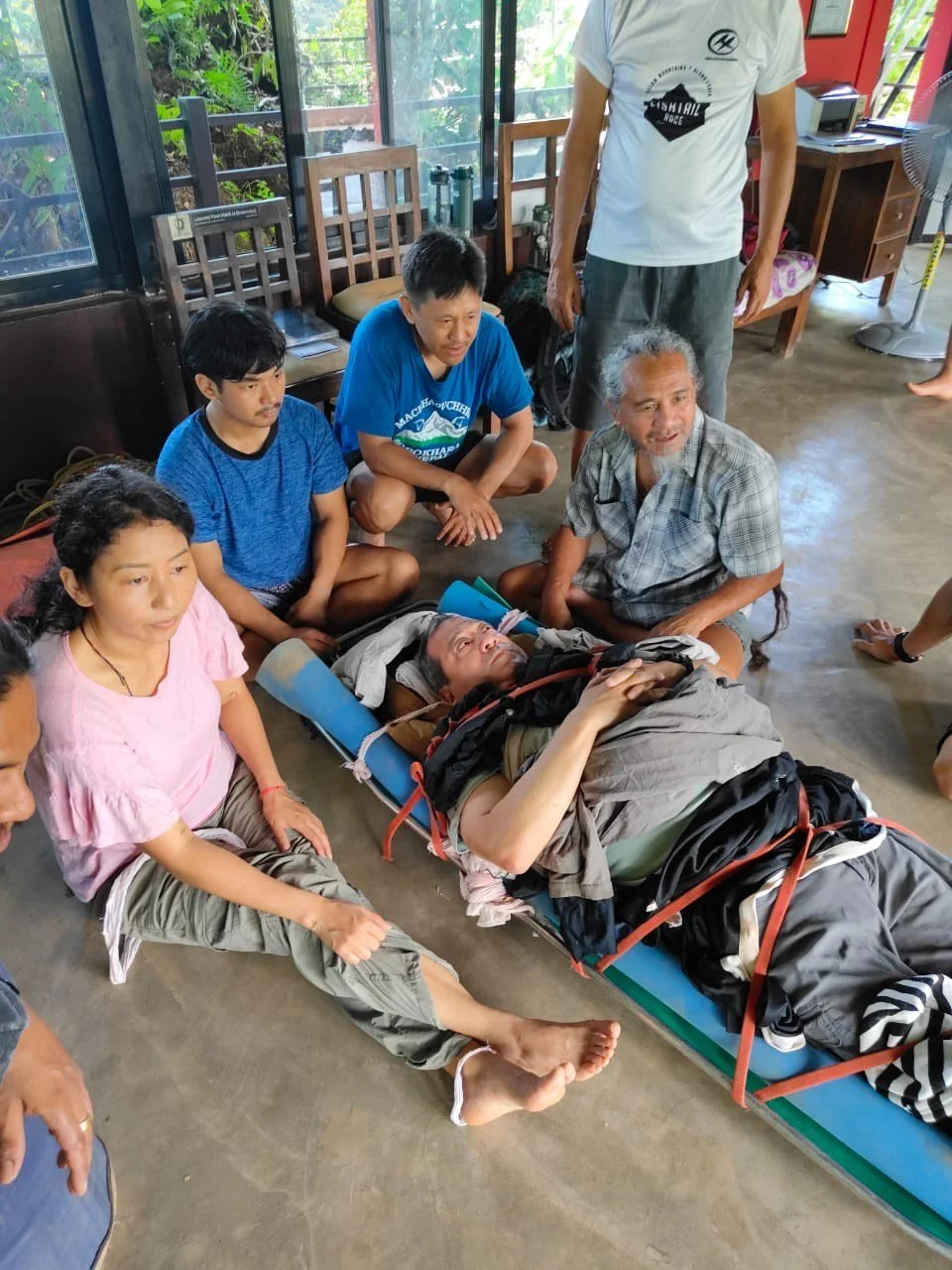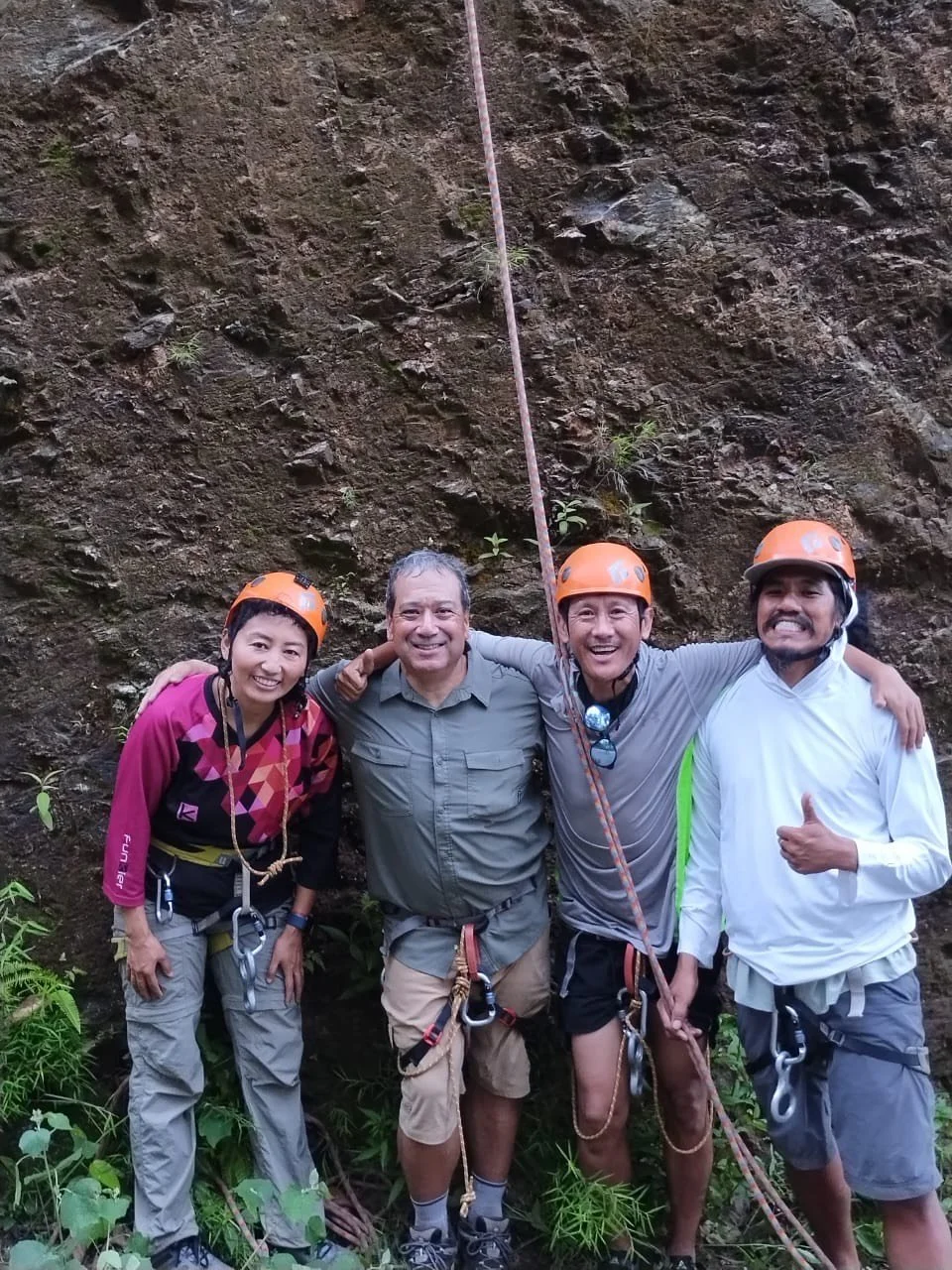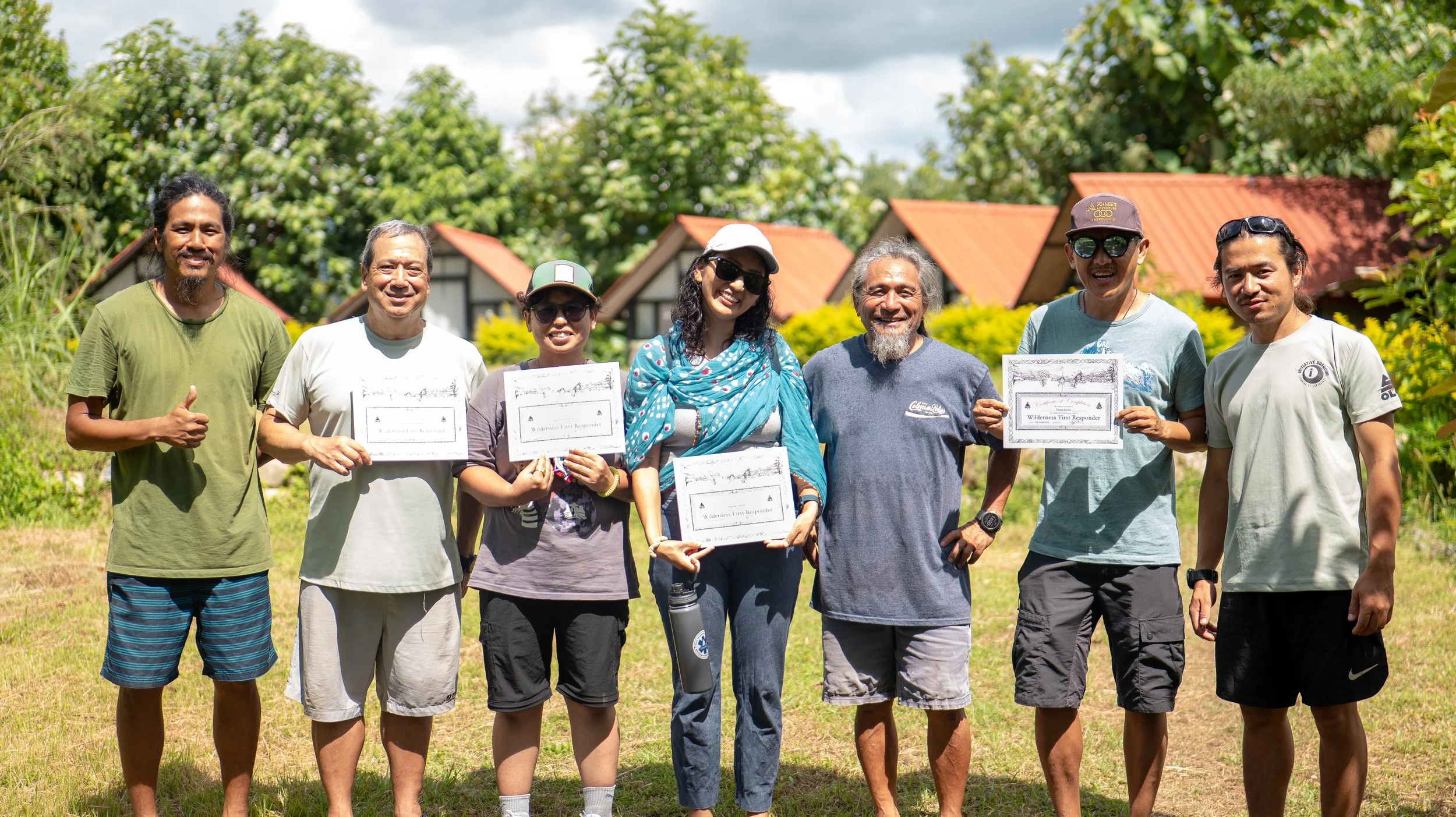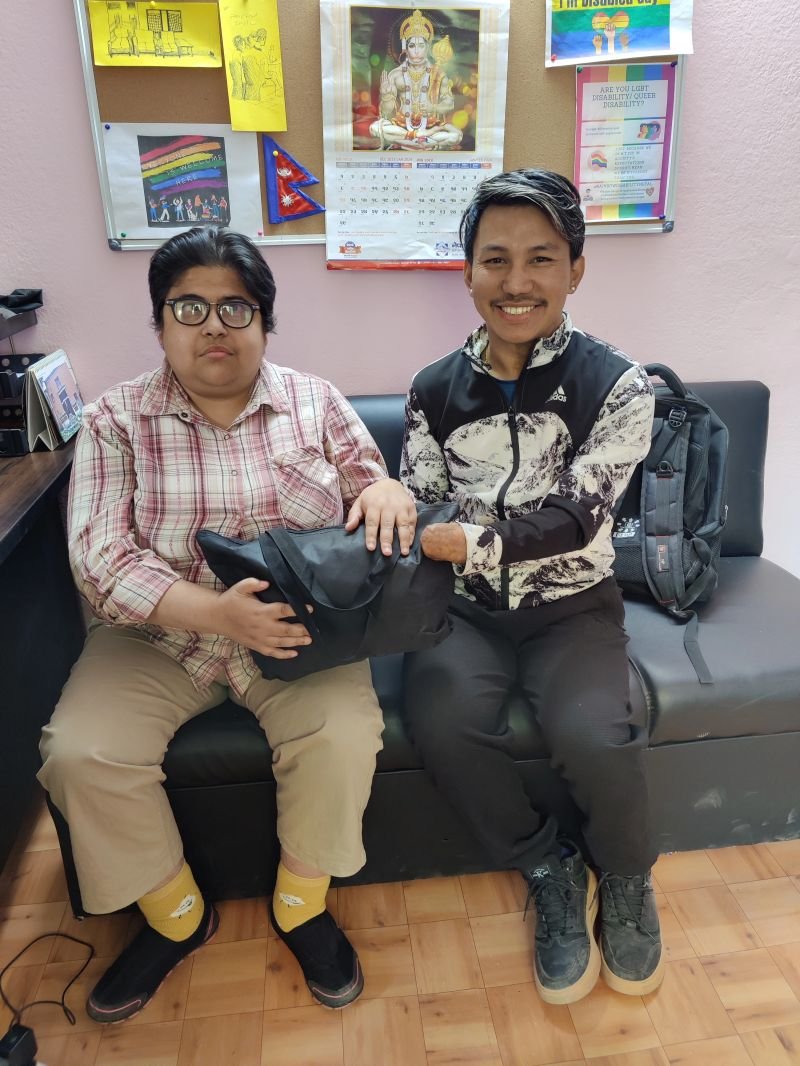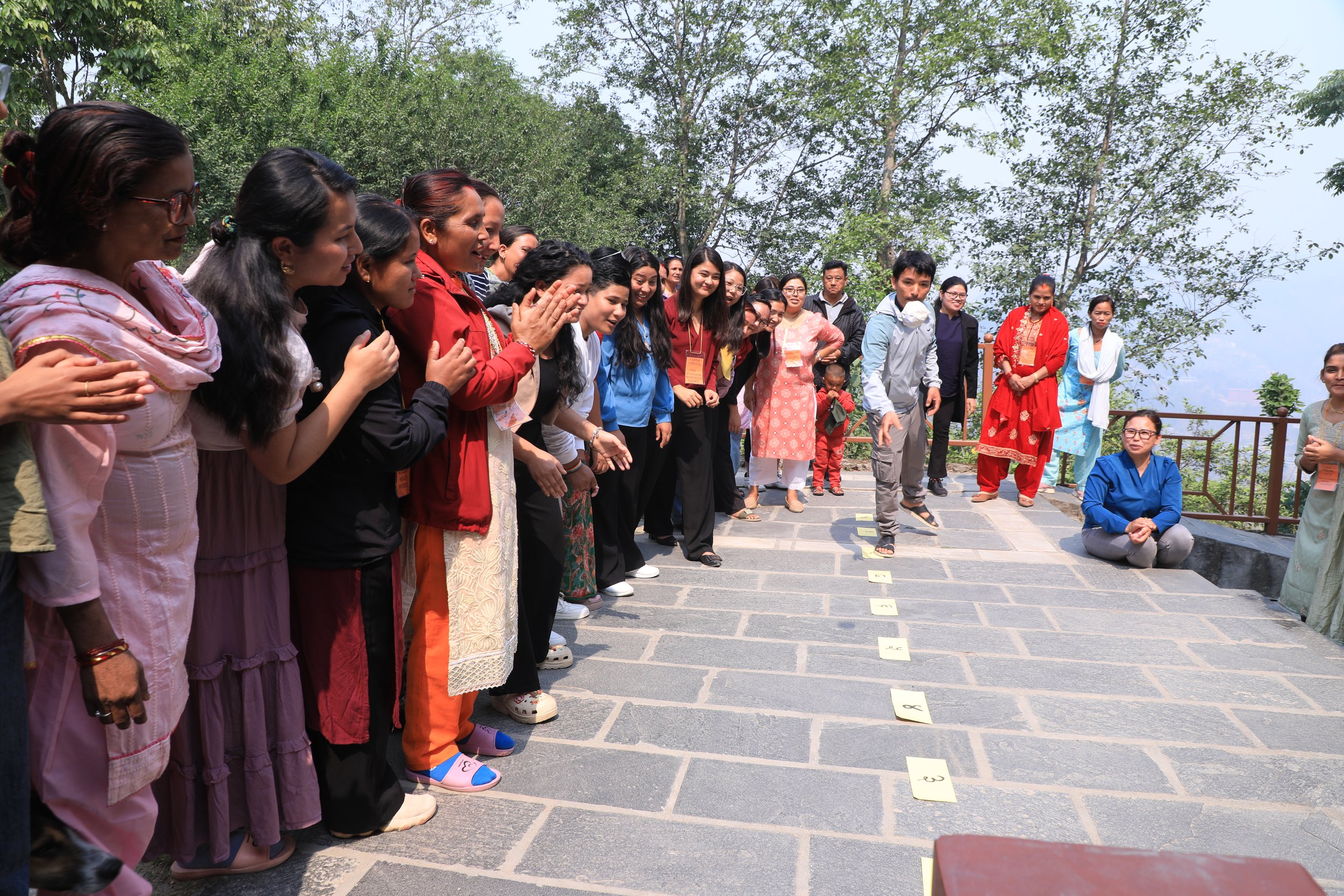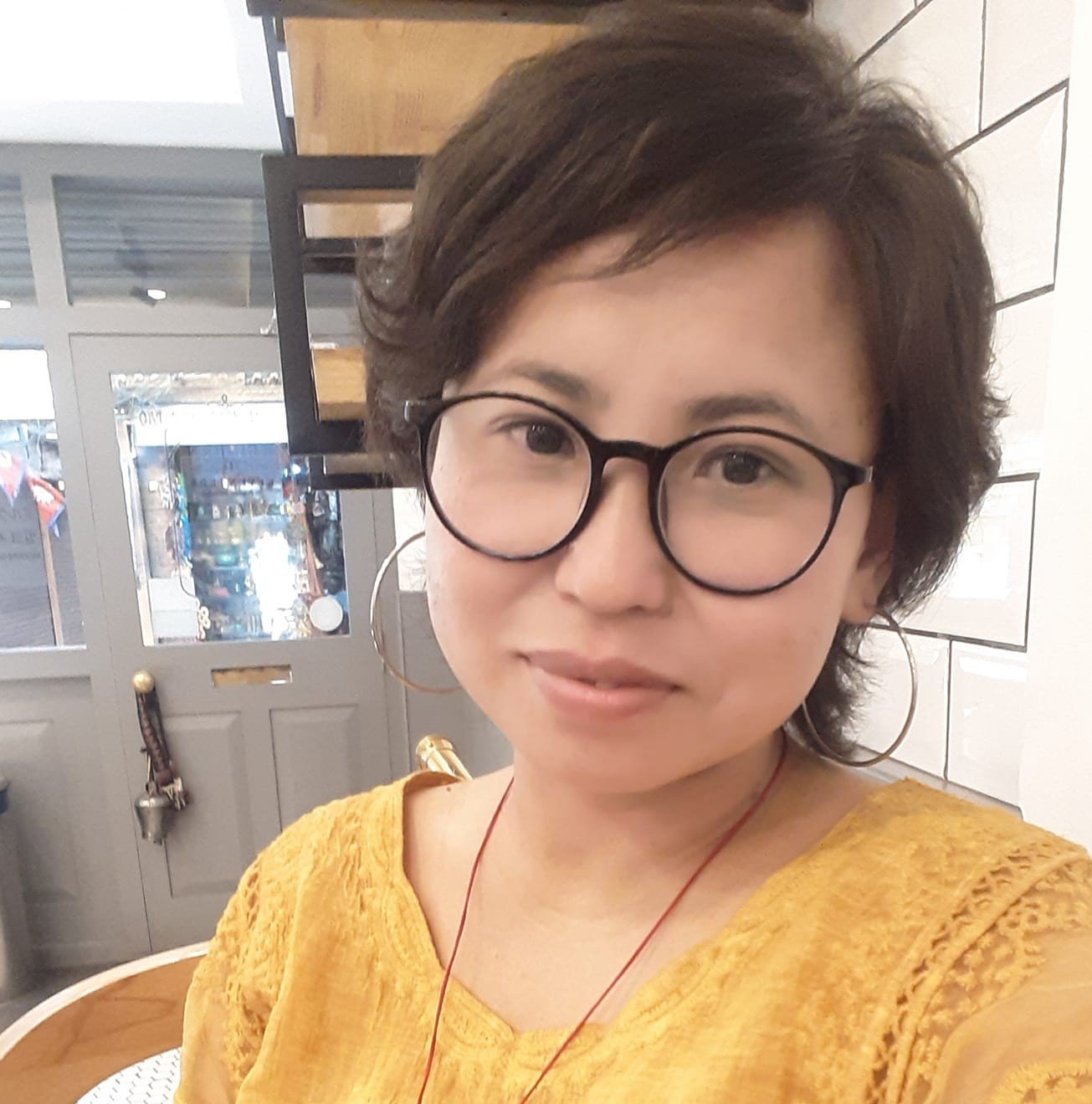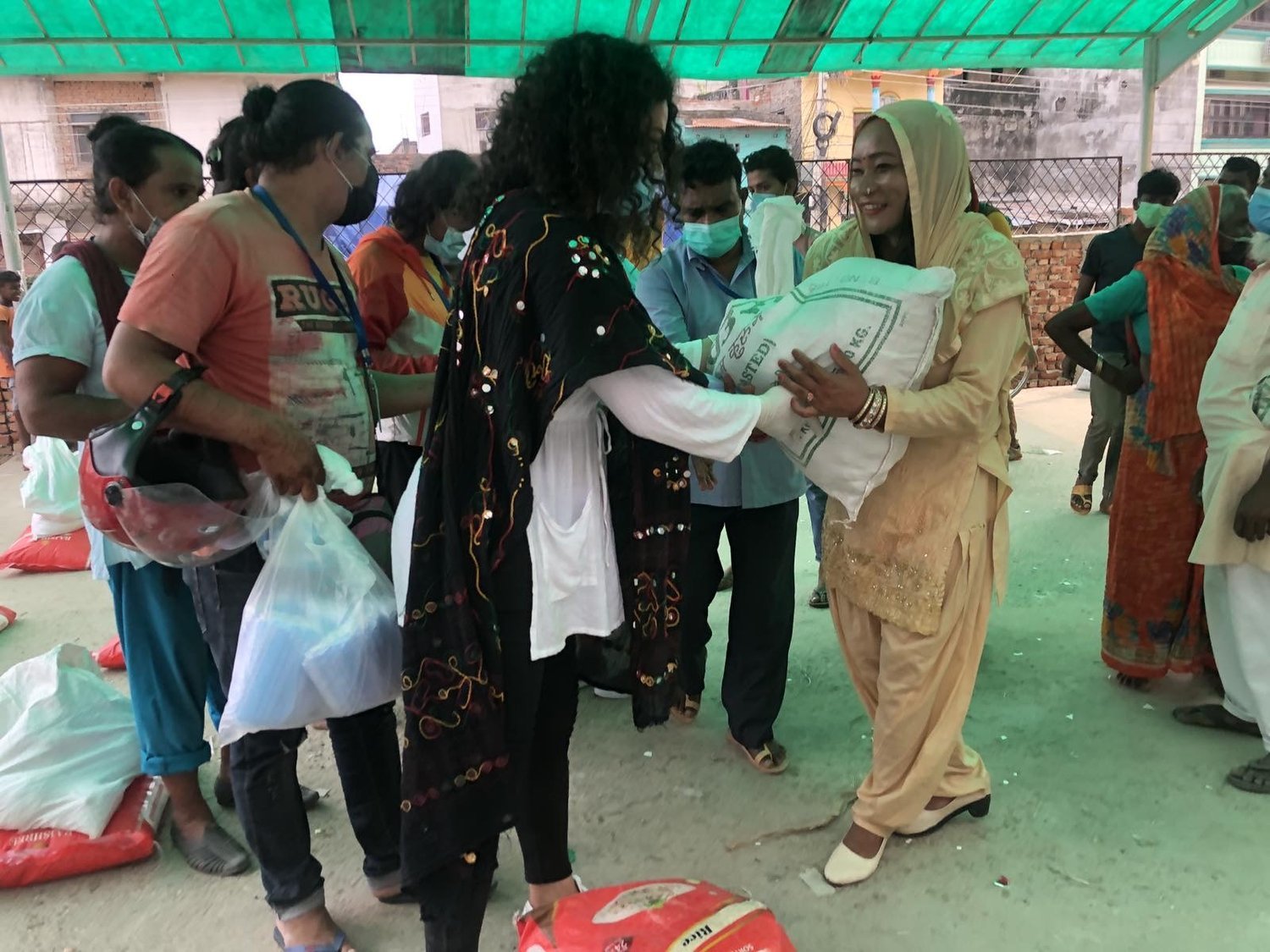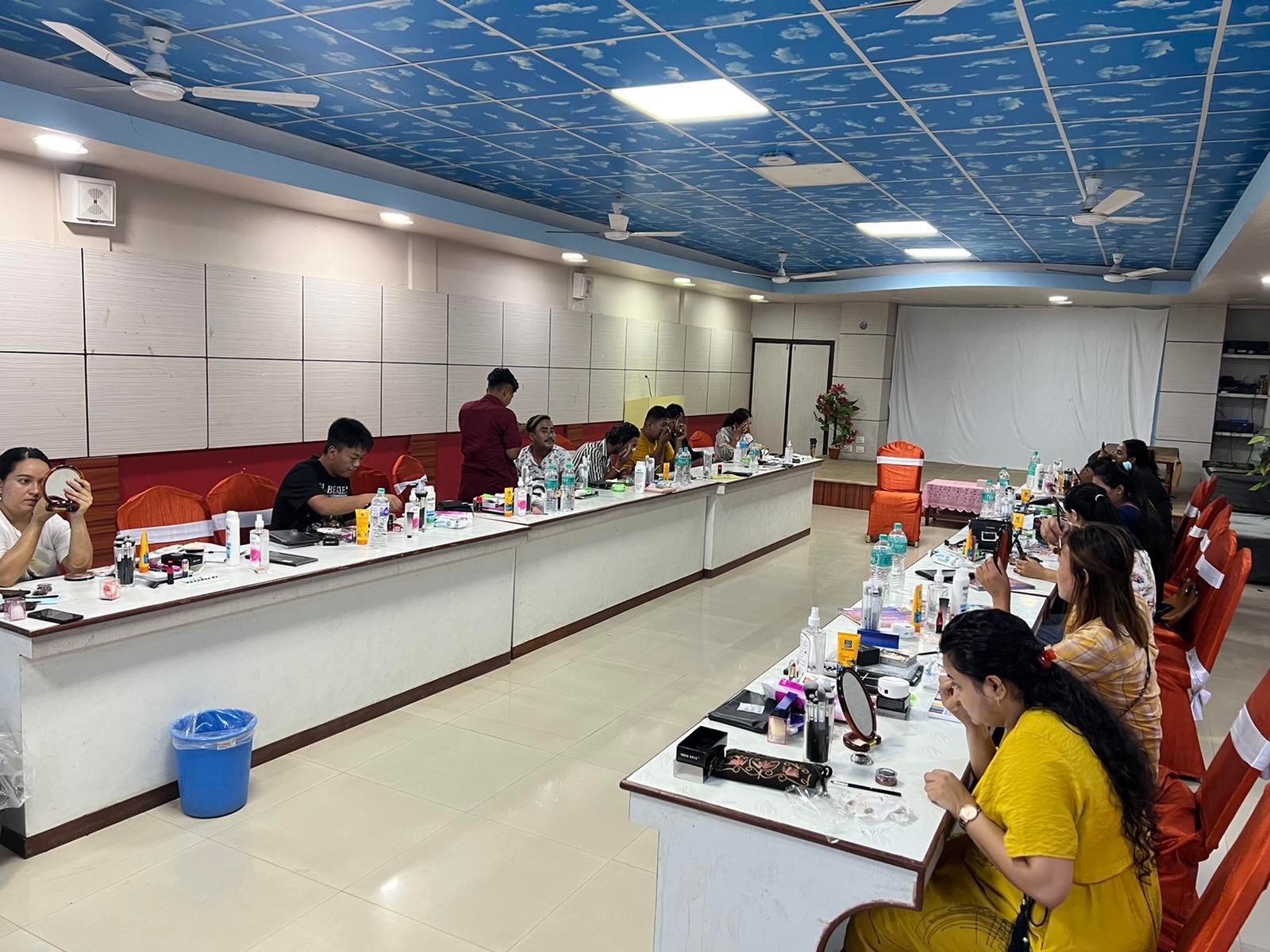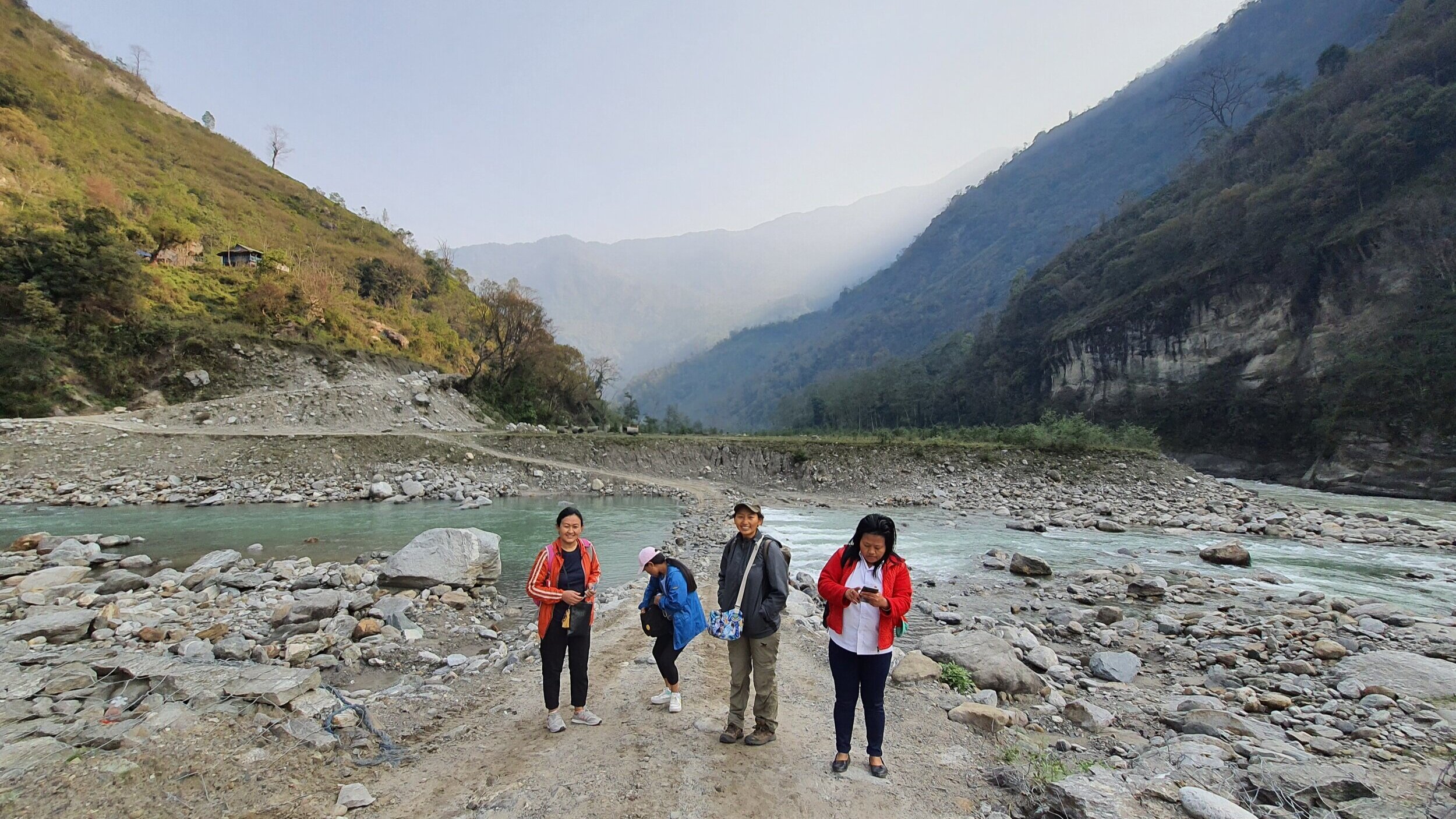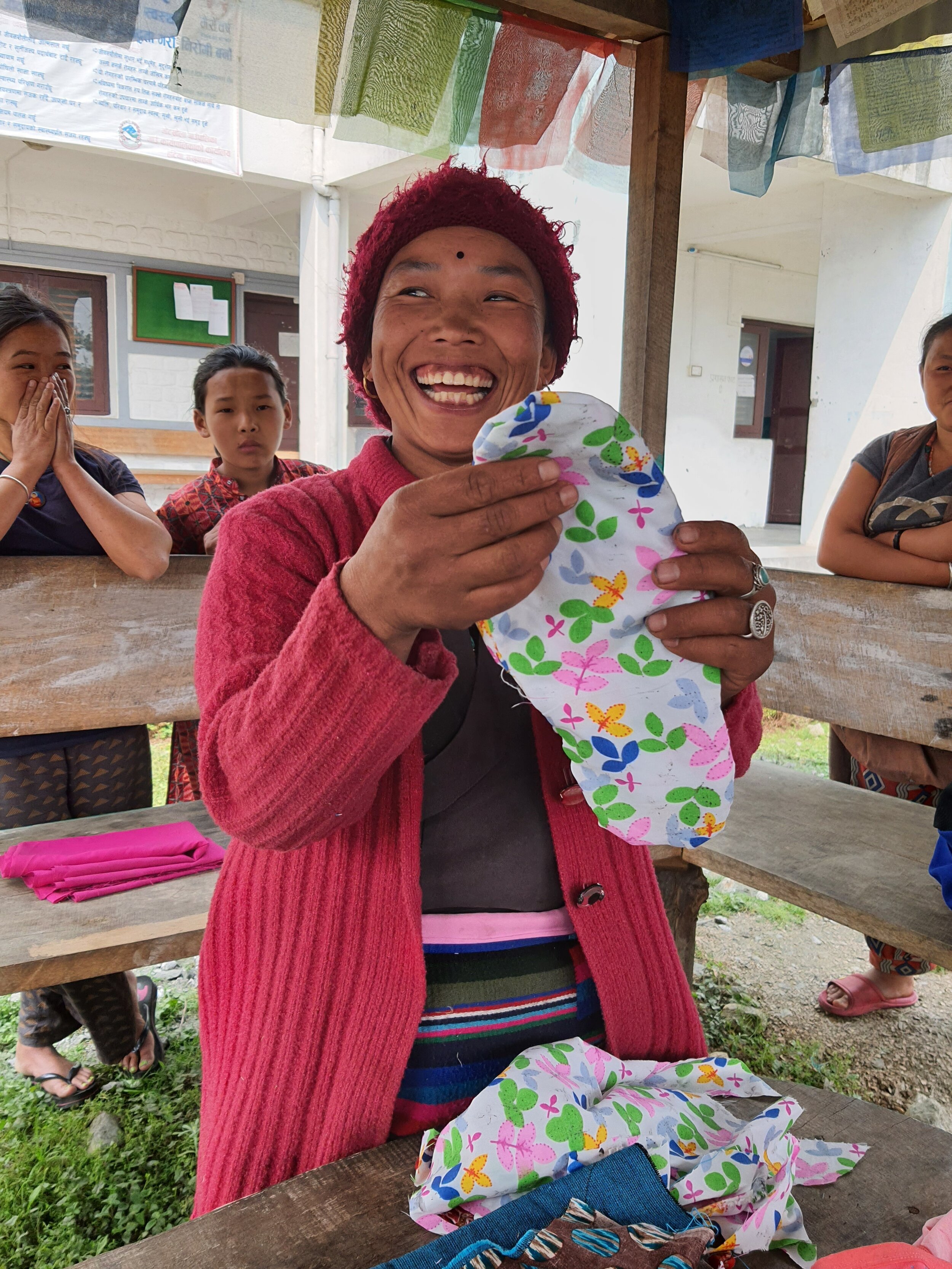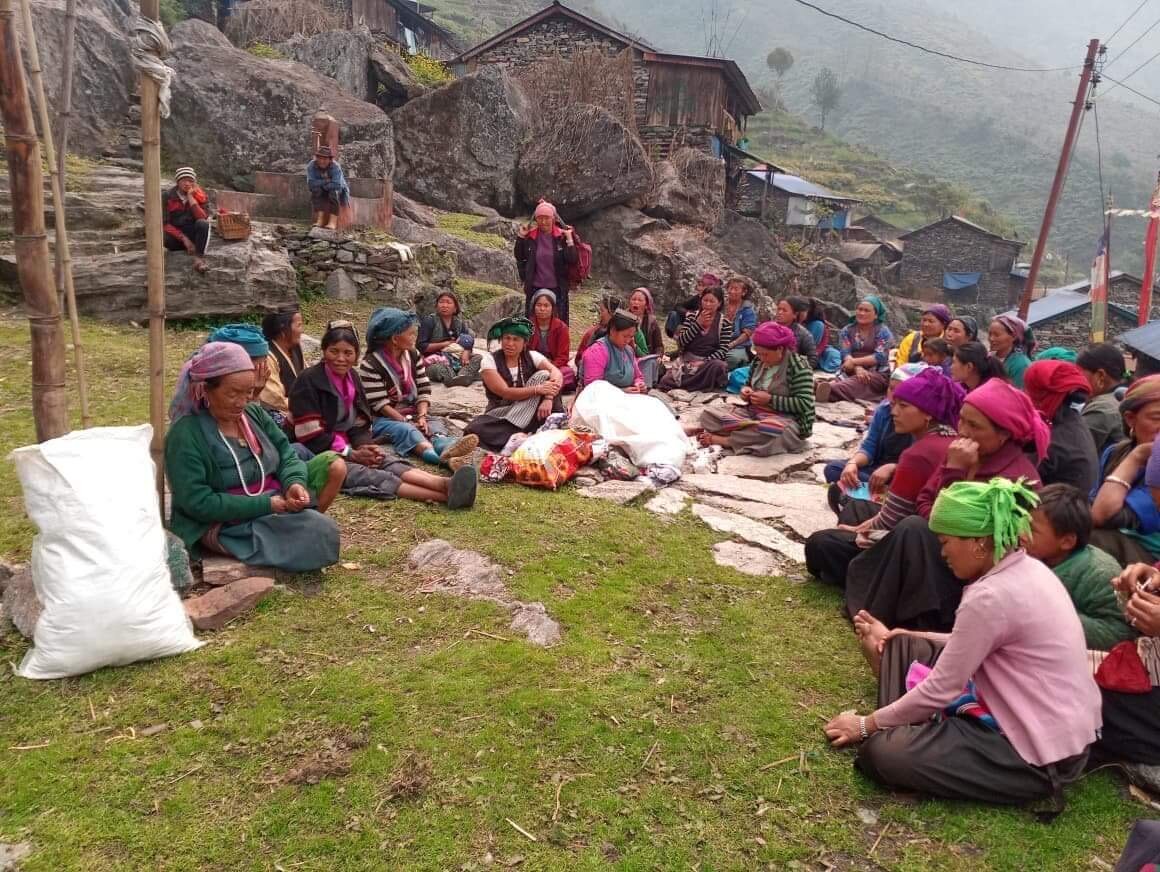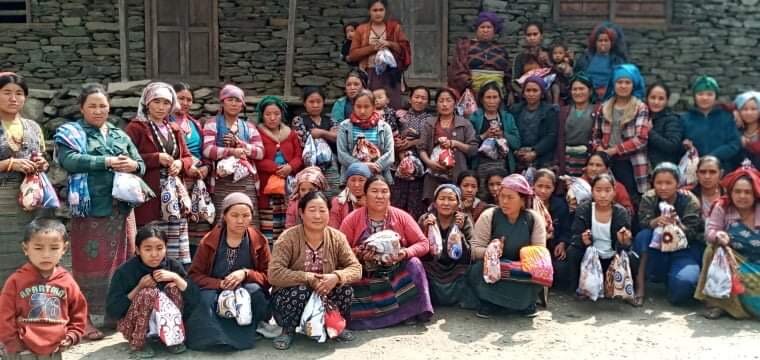Written by Project Bimba representatives
Project Bimba received support from CCN and CCF through the Leo Club of Kathmandu Sarubi, a youth-led organization committed to service and leadership. The club is associated with the International Association of Lions Clubs.
Project Bimba is the first-ever initiative of Leo Club of Kathmandu Sarubi focused on Menstrual Hygiene Management Program in which students are provided insightful and engaging sessions regarding menstrual hygiene, social stigma and taboos. Along with the insightful session, we distributed reusable sanitary kits to 134 school girls, 15 female teachers and 5 non-working female staff at Nalang Patle Secondary School, Nalang, Dhading. Nalang is a hilly rural village at Dhading district of Nepal where people live relying mostly on farming and with limited access to roads and other facilities.
On 3rd September, we organized one and half-hour classroom session where we provided insights on the topic that are often whispered, avoided, but always important. Menstruation, puberty, reproductive health are the topics that touch every life but rarely discussed openly in classrooms. We presented in smart board which helped in keeping things clear and engaging. We had prepared bilingual slides in English and Nepali. We covered everything from puberty and anatomy to PMS, cramps, blood clots, pregnancy, myths and taboos, and menopause. Along with that, we also did quiz activities related to the topic to make the session engaging. At first, the students were quiet with shy glances, nervous smiles, unsure if they should speak. But as the session unfolded, they began to open up. Even when the answers weren’t correct, students shared confidently and were highly encouraged by their teachers. Their courage was rewarded with stationery items. Students then started to open up with us and shared their knowledge.
Students participate in MHM training. Photo Credit: Project Bimba
Students admitted they had learned things they didn’t know before, and some even told us afterward that they wanted to share the information with their mothers and sisters at home. It was heartening to see stigma slowly replaced by openness. A girl from class 8 shared that she learned new things about topics like urinary tract infection (UTI) and the menstrual cycle. She said, “I never realized that this kind of discrimination is haunting us behind our back. I shall never promote this and will aware my parents about this as well. ” Another girl shared that once her family didn’t allow her to touch fruits on the table, but out of curiosity she touched them anyway and realized that nothing actually happens.
Training session. Photo Credit: Project Bimba
The students enjoyed the session and didn’t even have a chance to feel bored. All the facilitators were very friendly and approachable. The participants suggested that the session should also be organized for adult women, as they felt the elder women still holds stigmas about menstruation. They believe this will help bring positive changes in their thinking patterns and reduce long-standing misconceptions.
After the session, we distributed the sanitary kits to them. The program ended with gratitude, special vote of thanks from one of the teachers, khadas offered by the Ward Chairperson, Principal, and Vice Principal. They expressed gratitude to the team for conducting such an informative and meaningful program. It reminded us why these programs are valued highly in society. We are thankful to Conscious Connection Nepal for their guidance, timely response and support throughout this project. We look forward in organizing Project Bimba II in upcoming days in such rural place.
Pad distribution with school leadership. Photo Credit: Project Bimba
Thank you for your ongoing support! Help us continue to support critical healthcare education in Nepal.
